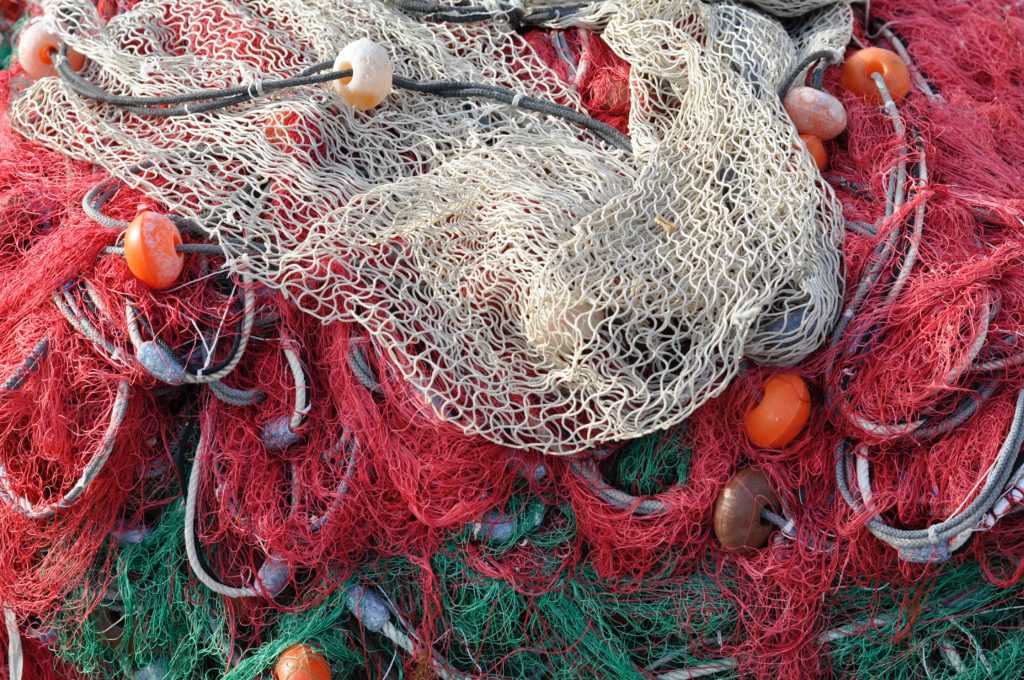Global Fish Populations Have Plummeted and Not One Country Is Doing Enough to Save Them, Study Finds
3 Mins Read
Minderoo Foundation’s Global Fishing Index (GFI) has published data suggesting the global fish populations have been depleted to an all-time low. Surpassing previous estimates, the figures are part of the most extensive assessment of fish stocks to date and will make commercial fishing defensibility increasingly difficult, with experts urging for regulation to prevent further dwindling.
Dr. Andrew Forrest, Chairman of the Minderoo Foundation, did not mince words when commenting on the GFI findings. He underlined that one-tenth of global fish stocks are now close to total devastation and that not a single country was doing enough to combat the problem. Addressing governments and companies, he said: “It is time to take accountability for the health of your fisheries, the size of your fishing fleets, and the level of access provided to foreign fleets to fish your waters.”
He added that stringent legislation is the only way to force change, calling on those in charge to review laws and policies and rely on quantitative data only. Further, immoveable time-bound targets to bring fish stocks back from the brink to healthy, sustainable levels must be put in place.
Grading global offenders
Of the 1,400 Minderoo-assessed fish stocks, 49% are overfished, a stark increase from previous estimations of around 34%. With no new sustainability data being collected since 1990, fish stock health and governance had to be carefully analysed. Every fishing country in the world was assigned a grade from A-F. No nation gained higher than a C but many, including Israel, Barbados, and Vietnam were awarded an F.

Of the 25 largest seafood exporters in the world, 20 were graded at D or below, while the U.S. held the top spot with a C.
Decades-long data lapses
Commercial fishing is a destructive enterprise that has been free from strict governance for too long. Overfishing is a direct result of slack legislation and must be tackled immediately if ocean ecosystems are to be protected. Returning fish stocks to healthy and sustainable levels will require localised solutions, but overarching targets can still be set in place. Before this can happen, however, more data needs to be made accessible.
Global Fishing Index leader Dr. Kendra Thomas Travaille has noted a “concerning” lack of forthcoming information, with 52% of the world’s catch not being attributed to any data.
Decreasing the demand for seafood
Thanks to popular documentaries like Netflix’s Seaspiracy that highlight the plight of marine populations, people are more aware than ever about overfishing. The documentary swayed a number of consumers to consider quitting seafood consumption altogether.
With an annual increase of 3.1%, global fish consumption is a serious environmental and food security issue. In 2018, global seafood production topped out at 179 million metric tons, with 156 diverted for human consumption. Explanations for this continued growth include tech advances that allow for faster, cheaper production of products, as well as the promotion of purported health benefits of fish as a food source.
In an attempt to reverse the damage caused by overfishing, a number of alt-protein companies such as Shiok Meats, Aqua Cultured Foods and BlueNalu, are turning their attention to fishless seafood production.
All images courtesy of Unsplash.




